When a SHTF scenario occurs, you need to be able to grab your supplies and go. Something that’s helped survivalists in emergencies is bug out bags, but have you thought about taking it further with a bug out trailer?
These haulers can help you make a quick getaway with your supplies. Check out this article to help you find the right type of trailer for you.
What Factors Should You Consider for the Trailer?
In a SHTF situation, your trailer can make a massive difference in determining how successful you are in surviving and performing a smooth getaway. You’ll want to consider these seven factors when selecting the right trailer for you.
1. How Much Does Your Vehicle Weigh?
One of the first things you should consider is the vehicle you’ll use to tow your bug out trailer. The towing capacity will be critical in your choice of a trailer. You’ll need to figure out your gross vehicle weight rating, which includes all your passengers, fuel and supplies onboard.
Another aspect you’ll need to know is the tongue weight of your vehicle. Tongue weight refers to the trailer’s force on your vehicle’s tow hitch. Larger machines like trucks and SUVs will be able to carry sizeable trailers. However, you can still use a car like a sedan to pull smaller trailers. Vehicles like ATVs can be unconventional but helpful for hauling your bug out trailer in a bind.
2. Is a Single or Double Axle Better for You?
Another vital factor is determining if you want a single or double axle for your trailer. Each has pros and cons, so it’s up to your preference and what will fit best for you, your family and your vehicle. Deciding between the two ultimately comes down to the size of your haul.
A single-axle cargo trailer will be the cheaper option. Also, it weighs less, so it’ll use less fuel to haul around. You’ll put less stress on your brakes and tires because they’re relatively flexible while driving around. However, you compromise on size because it can’t carry as much as the double axle can.
A double-axle cargo trailer may be more suited if you want more size in your bug out transportation. The capacity is higher, allowing you to store more food, water and other supplies for your bug out needs. Double-axle trailers give you better stability on the road and you won’t have to worry as much about bumps and wind. The downsides are they require more fuel and cost more to purchase. Also, they need more parts, leading to higher maintenance costs.
3. What Material Should the Trailer Be?
One aspect some survivalists may need to pay more attention to when deciding on their trailers is the material of the hauler. This factor can go a long way in determining the cost, how long it lasts and how durable it is on the road. Steel and aluminum are two of the most common trailer materials, so weigh the pros and cons before deciding.
Between the two metals, steel is up to 66% stronger than aluminum. So, steel is the way to go if you’re looking for strength. Another benefit of steel is it’s typically cheaper than aluminum. On average, you’ll see a 20% price difference between them. Also, you can repair steel easier than aluminum. The primary disadvantage of steel is how it rusts easily. You can give the hauler a zinc coating for protection, but aluminum holds better.
Aluminum doesn’t rust as easily as steel because it has a high affinity to oxygen. Some survivalists pick aluminum because of its anti-rust features and lightweight nature. The material’s lightness means it can carry heavy loads of your supplies. In fact, the payload capacity is better than that of steel. Another pro some survivalists have found is that aluminum trailers give your vehicle better gas mileage.
The metal isn’t without cons, though. You’ll have to give an aluminum trailer an acid bath now and then because the surface can wear. Also, aluminum trailers require maintenance, like lubricating the hinges and latches.
4. What Is the Climate of Your Area?
Your home’s climate will be critical in determining what kind of bug out trailer you need. Depending on your property, you may need to leave your bug out vehicle and trailer outside, leaving them susceptible to weather conditions. In the summer, extreme heat from the sun can take a toll on the trailer and damage the supplies inside. Humidity in coastal areas — especially in the American Southeast — can cause wear and corrosion.
Rust is a problem with vehicles and trailers, as discussed before, but the rate of its development depends on your area. Coastal areas tend to have higher humidity, leading to more corrosion. Also, rusting is prevalent in areas with heavy snow. Cities tend to salt the roads to lower the freezing point of the streets, which helps reduce accidents. However, salt contributes to erosion. If you’re concerned about corrosion, aluminum may be the best bet here.
5. How Much Space Do You Need Inside?
Driving away is half the battle in SHTF situations. Once you’ve made a daring escape, you’ll need to rely on your supplies as long as you have to as things cool down. Normally, survivalists preload the trailer so it’s ready whenever they need it, so the next thing you’ll want to consider is storage space. How much do you anticipate needing? Will you prepare for a few days or weeks with your storage? These are questions to ask when looking at cargo space.
6. Do You Need a Covered or Uncovered Trailer?
Another critical decision you’ll make is getting a covered or uncovered trailer. Each type has advantages and disadvantages, so it ultimately comes down to how much storage you require and how much you prioritize covering up the supplies.
The better choice here is likely to be the enclosed trailer. Having a covered trailer means you’ll have doors, a roof and walls surrounding your supplies. The primary advantage of an enclosed trailer is the protection you’ll get. Coverage will protect your provisions from weather, animals and thieves while you’re making a getaway. However, these trailers can be more expensive and access to your rations can be more challenging. Packing and unpacking can be complicated when you don’t have much time.
An open trailer can be advantageous simply because of its convenience. Loading and unloading an open-air trailer will be much easier than an enclosed one. This type of trailer will likely be lighter and more affordable for you to purchase. However, you may find yourself at a disadvantage with the lack of protection. Your supplies are more at risk of unwanted predators. Also, they could end up falling out of the trailer.
7. What Accessories Do You Need?
Once you decide on the necessities, you can start looking at extra amenities that come with the trailer or those you can add yourself. Survival is the top priority, but you’ll also want to add convenience for yourself and anybody else who’s along for the ride.
One of the first additions you can make is an air conditioning unit. This amenity will help keep yourself, your family and your supplies stored at a comfortable temperature. It’ll significantly help in the long days of summer. Another excellent add-on for survivalists is a tarp. Having one with you will help immensely if you have an open-air trailer because of its protection.
What Trailer Should You Get?
Now that you’ve thought about what amenities you want with your trailer, you can make a more informed decision about the specific types of trailers you should aim for. Keep these four trailers in mind when it’s time to purchase.
1. Utility Trailer
Utility trailers are practical for those who want an open trailer and don’t need much space. They’re affordable and lightweight and you can put rails on the side to protect against items falling out of the trailer. The versatility of this hauler makes it popular.
2. Confined Cargo Trailer
One of the popular types of enclosed haulers is the confined cargo trailer. This gadget provides excellent security for you and your supplies. They typically come with doors on the sides in addition to the rear opening. Also, you’ll have more options for interior customization.
3. Car Hauler
Another option that may work for you is a car hauler. This type of trailer works well if one of your priorities in bug out transportation is carrying other vehicles, such as dirtbikes, ATVs, motorcycles and more.
4. Equipment Trailer
If you need something heavy-duty, then equipment trailers may be just what you need. They’re notorious for carrying heavy equipment, so load capacity likely won’t be an issue here. These haulers can carry up to double what other trailers can transport.
Buying the Best Bug Out Transporter
Thinking about bug out situations isn’t fun, but it’s a necessity for survivalists. You need to be ready at a moment’s notice when SHTF situations arrive. What trailer gets the job done for you and your family? Use this information to determine what’s best for your survival.

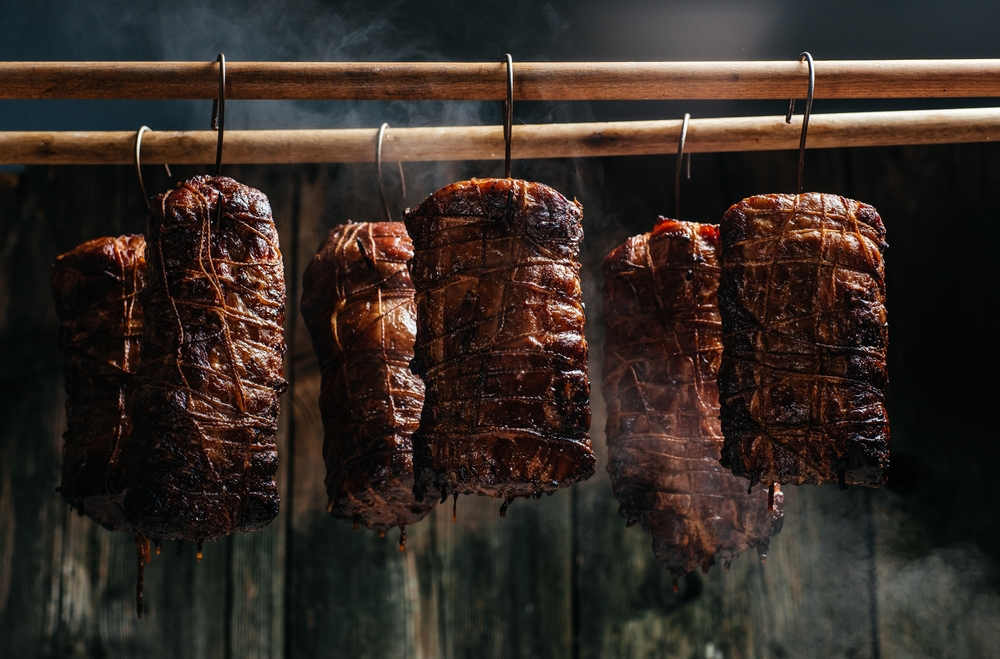

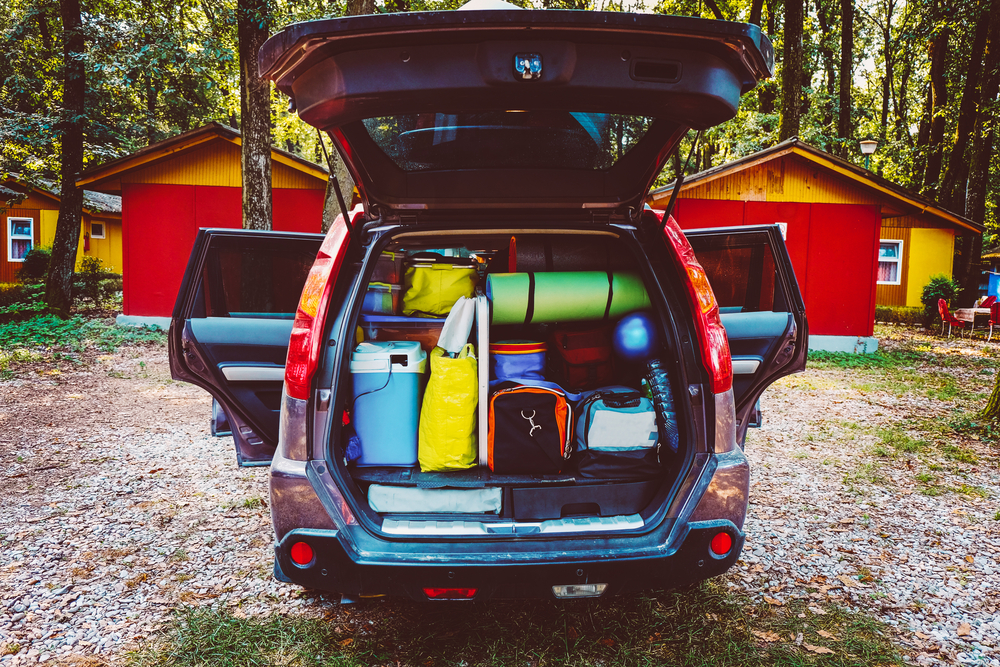


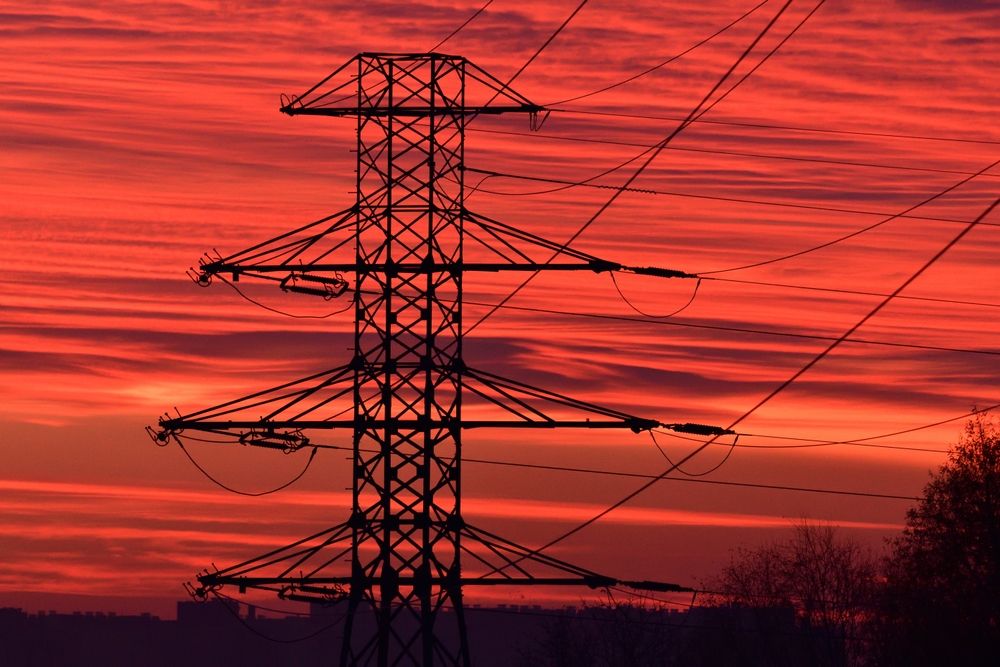













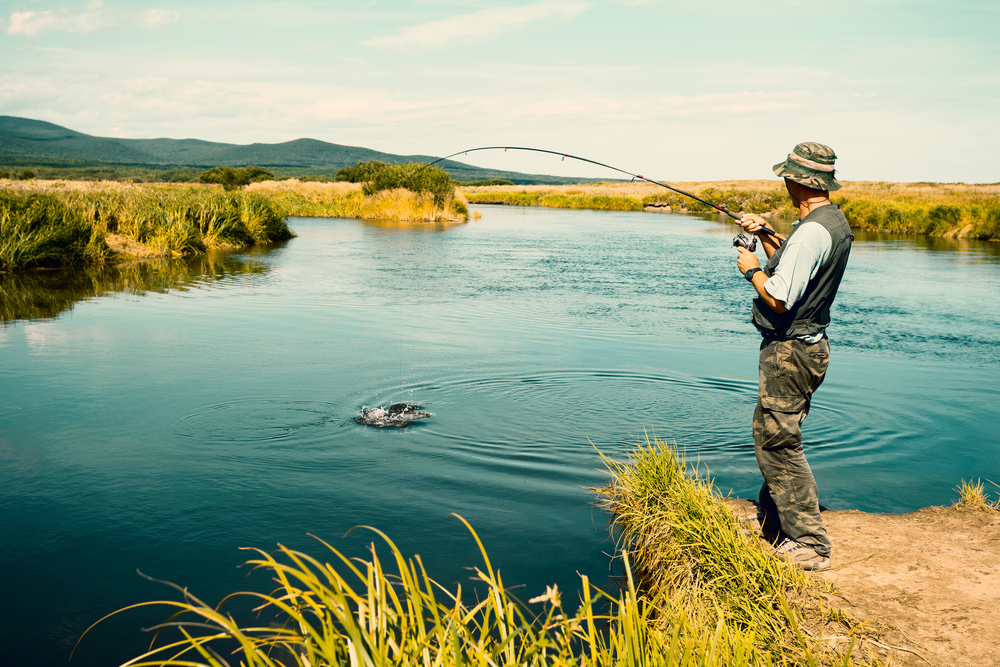


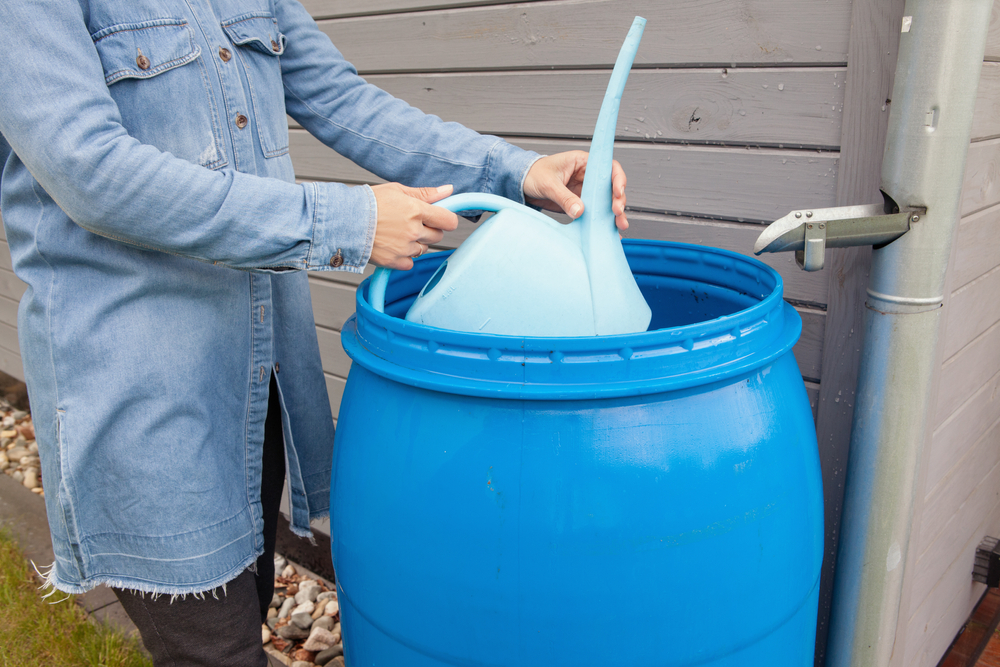
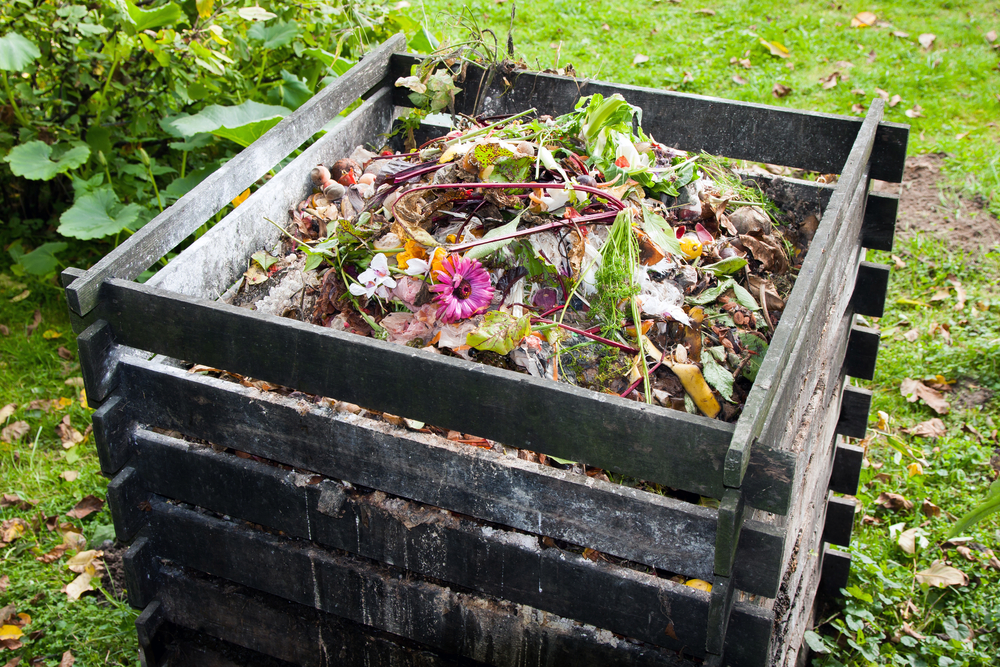
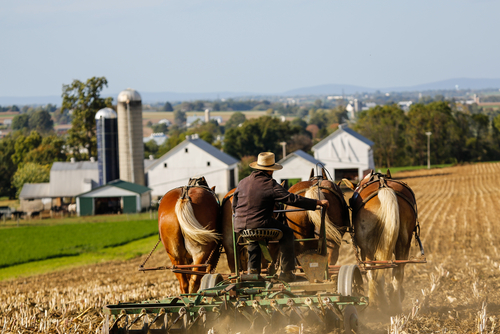
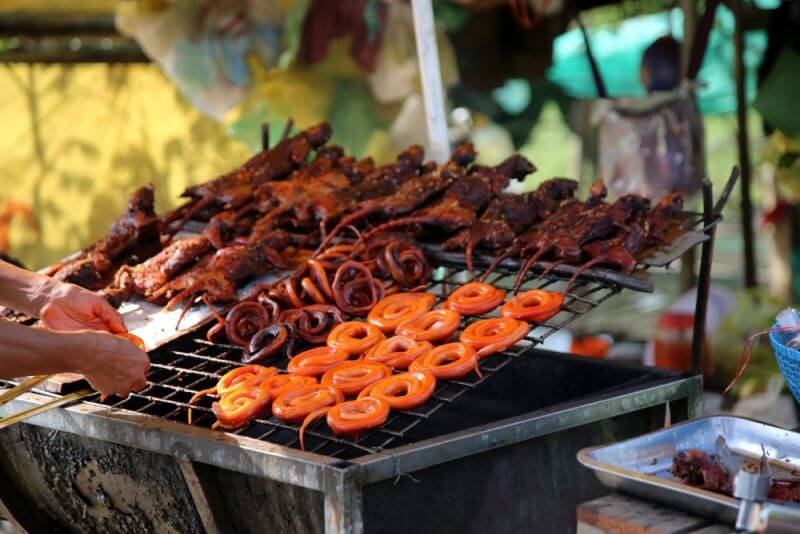

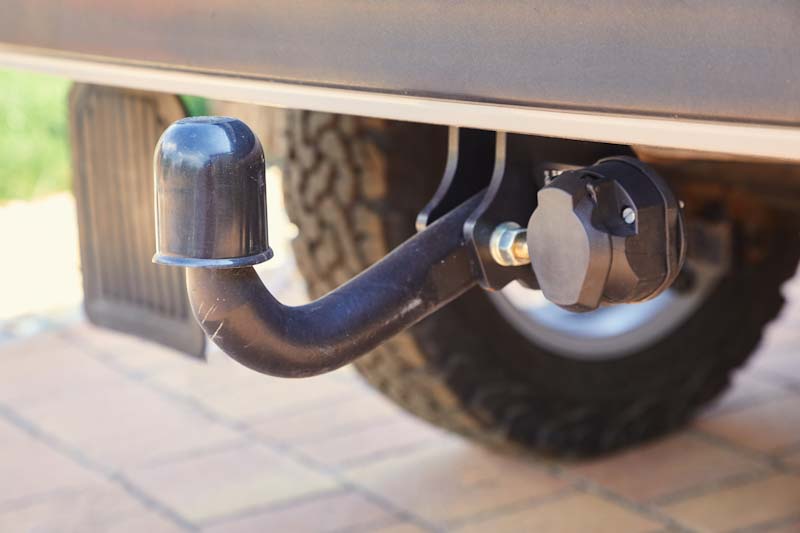



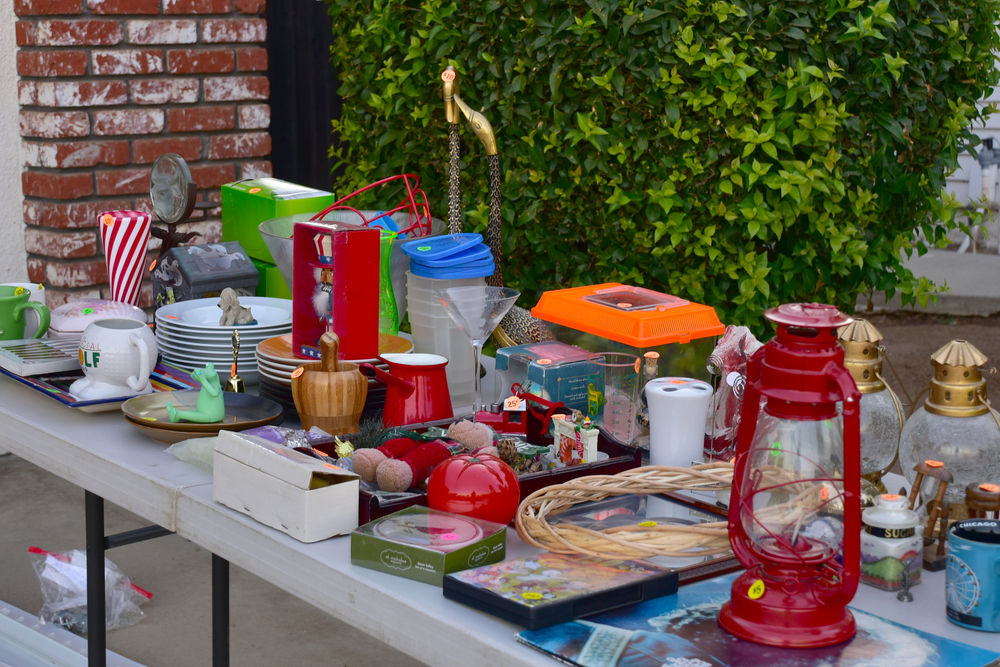




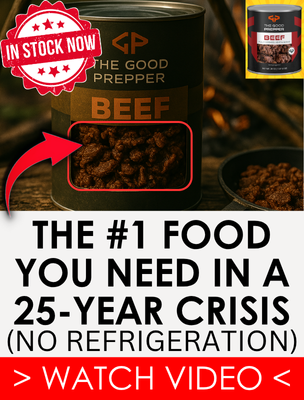
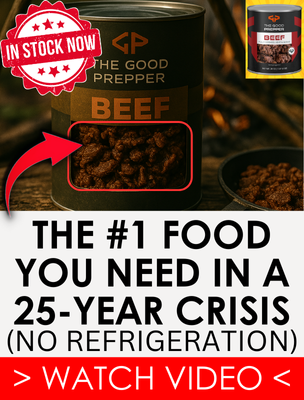

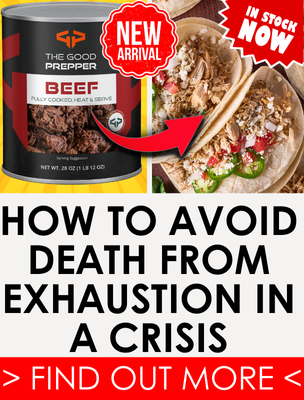
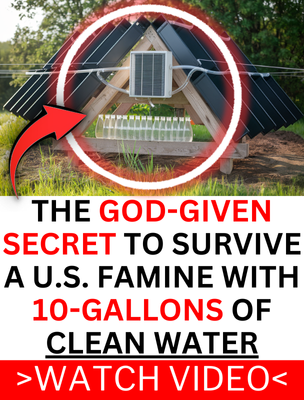
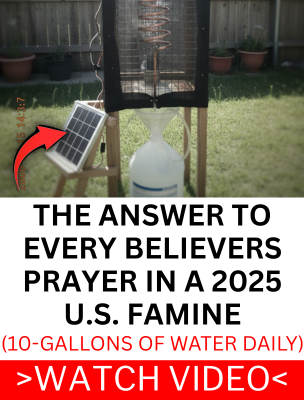
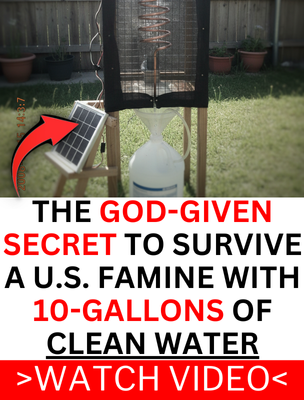



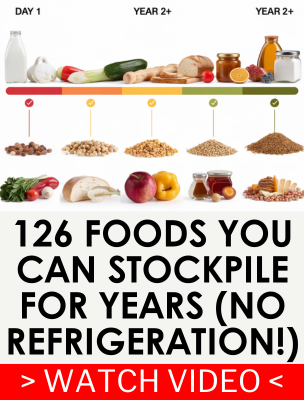
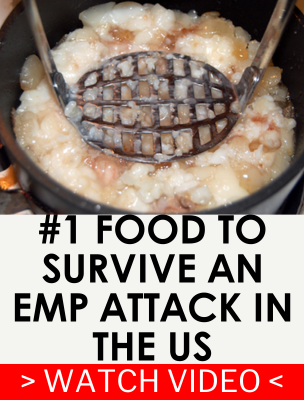
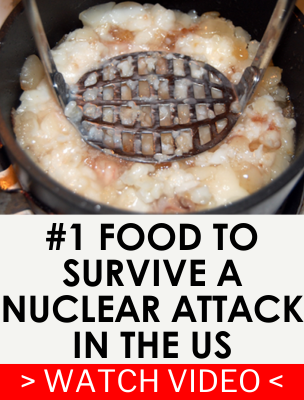






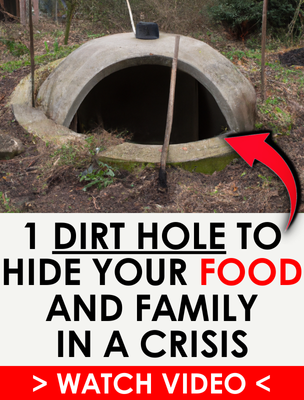
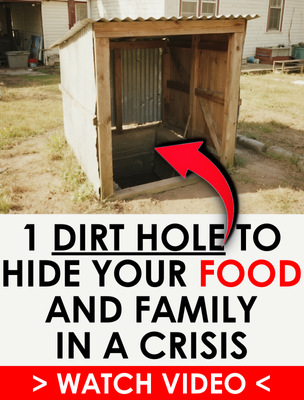
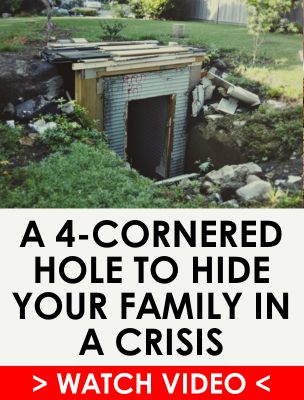
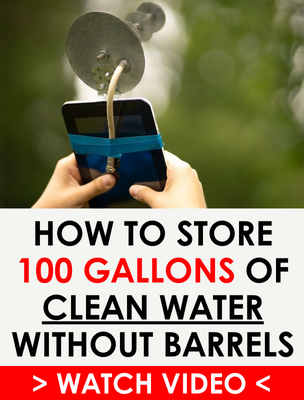
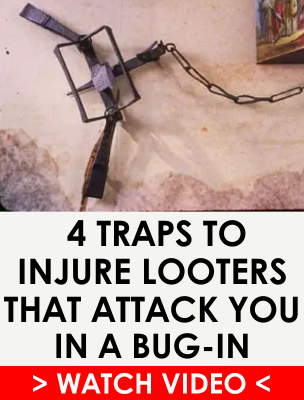
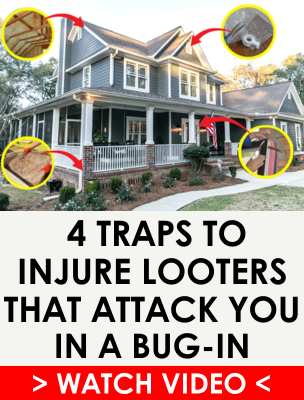







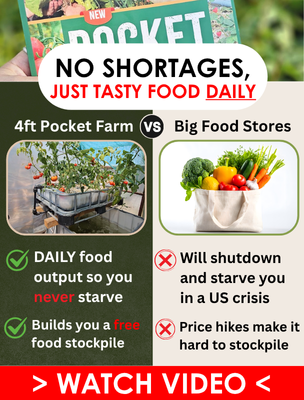


Something else to think about is the roads. Carefully plan out a route. You don’t want a congested highway when your towing a trailer. Trying to get around broken down cars or an accident scene is ALOT harder towing a trailer especially if you need to drive over the median. Most people cant back into a parking space let alone back up a trailer. Practice with it. Try maneuvering it empty first, than try it with something in the trailer. Take a trip to your local furniture store or dumpster dive for large boxes to just set them in the trailer to simulate it loaded. Maneuvering an empty trailer is easier than moving a loaded one because you can see the end of the trailer.
Another note, if you are going to go with an open trailer, DOUBLE tie your stuff down. Going over a rough road or an median your trailer will be half empty before you get to your destination. Another reason is if your stopped for any length of time, someone may spot something and want it more than you. Tied down makes it a lot harder to steal something in a short time.